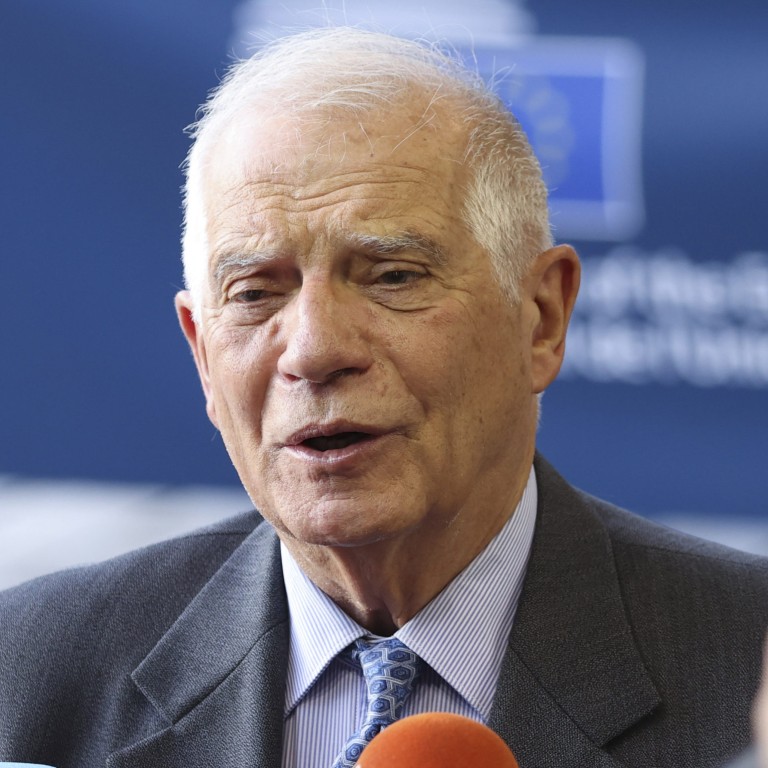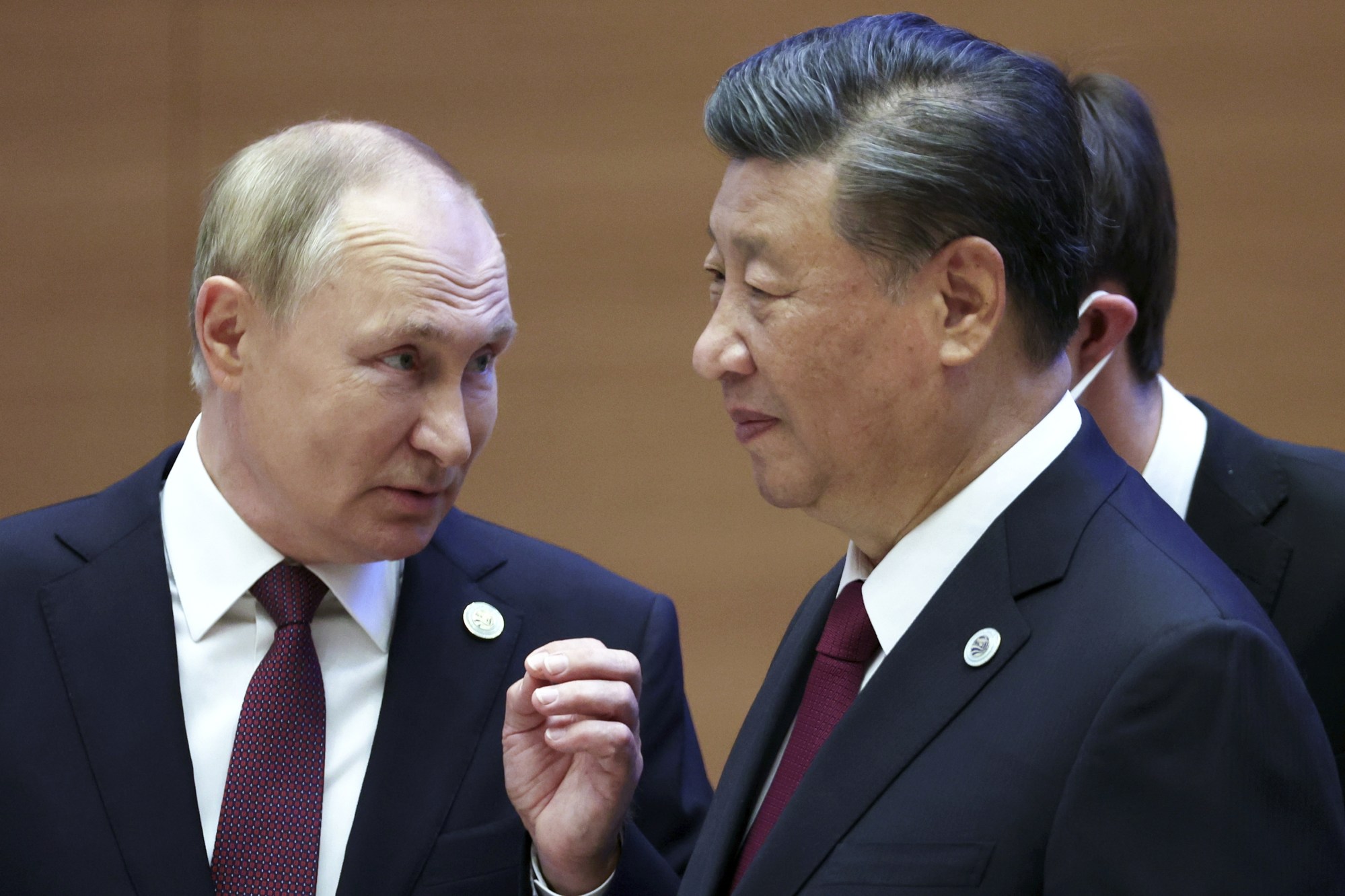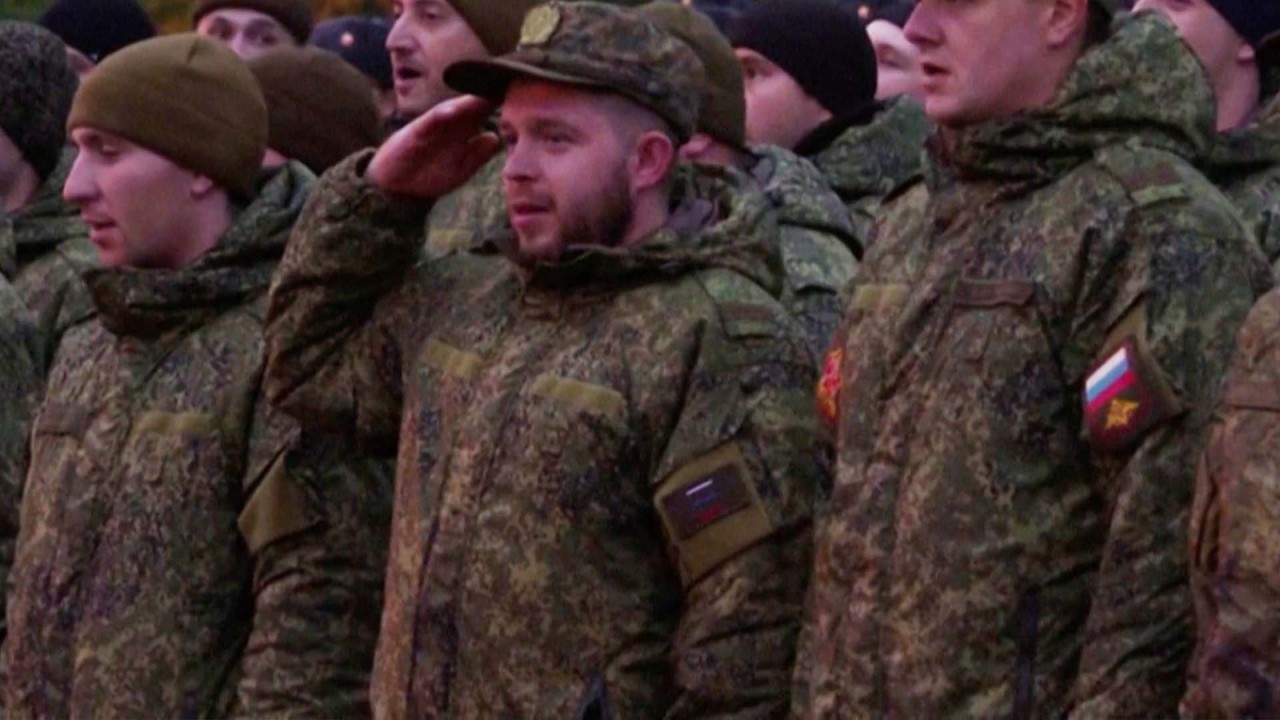
China competition eclipses all other EU relations with Beijing, top diplomat Josep Borrell says
- EU foreign affairs chief makes comments after European Union ministers discuss a paper by the bloc’s foreign service
- Paper advises EU to stand up to Beijing’s efforts to ‘systematically promote an alternative world order’ in which human rights are secondary to national sovereignty
As relations with Beijing continue to cool, the European Union’s top diplomat says the bloc now views economic and political competition with China as having eclipsed all other aspects of bilateral ties.
Speaking after the EU’s 27 foreign ministers met in Luxembourg on Monday to discuss China for the first time this year, its foreign affairs chief Josep Borrell said that growing competition was outstripping the partnership and “systemic rivalry” elements of the relationship that Brussels policy had codified in 2019.
“The message from China is now one of competing: competing on a political level, their economic success, their desire to have influence at all sorts of levels, their presence in Africa, in Asia, in Latin America and elsewhere,” Borrell said.
While the EU remains committed to its 2019 three-pronged approach to China, the space for partnership has been squeezed in the past two years.
In Brussels and other European capitals, the mood on China has soured since the beginning of the pandemic amid anger about Beijing’s pugnacious “wolf warrior” diplomacy and concerns over human rights abuses in China resulting in tit-for-tat sanctions.
Russia’s invasion of Ukraine and the problems caused by European dependency on Russian products have further focused attention on what some EU leaders consider an over-reliance on China for critical products.
“With the geopolitical situation we have today – where we also have a China, which is a systemic rival to democratic and Western countries all over the world who celebrate democracy. In that case it is important that we do not make ourselves dependent on critical value chains in China,” Jeppe Kofod, the Danish foreign minister, said.
“It is at the least important that we do not make ourselves critically vulnerable when it comes to supply chains. That also applies to microchips, rare earths and other things, which means that we cannot do without imports from specific countries – be that China or other countries,” he added.
The meeting was seen as a planning session for another debate on China, to be held at Thursday’s conference of the EU’s 27 national leaders in Brussels.
Setting the tone for both discussions was a confidential document written by the bloc’s foreign service, which advised EU leaders to stand up to Beijing’s efforts to “systematically promote an alternative world order” in which human rights are secondary to national sovereignty.
The “non-paper” written by the European External Action Service (EEAS) and seen by the South China Morning Post, said that “China has become an even stronger global competitor for the EU, the US and other like-minded partners”.
It said that China’s 20th National Congress of the Communist Party, now under way, would probably confirm trends “likely to widen the divergence between China’s and our own political choices and positions” – such as “political closure, economic and technological self-reliance”.
The paper warned that while Beijing has appeared more taciturn in backing Russia’s invasion of Ukraine in recent weeks, “China-Russia bilateral relations clearly amount to a strong strategic partnership based on support for each other’s core interests, and can’t be ignored”.

The EU should pursue closer collaboration with Washington and other “like-minded partners” on issues such as supply chain resilience and cybersecurity, the EEAS said.
But it should also step up its engagement with countries within China’s sphere of influence to prevent Beijing’s dominance of multilateral forums like the United Nations, the document said.
The EU and other Western powers were left red-faced when the UN Human Rights Council voted down a motion to debate a UN report that said China may be committing “crimes against humanity” in Xinjiang. In Brussels, it was viewed as evidence of Beijing’s growing influence in global institutions.
“We must be aware that Chinese offers to its partners continue to hold considerable appeal. The EU should provide a better offer by delivering on its own promises,” the paper stated.
Ahead of expected visits to China by the leaders of France and Germany, the paper concluded that the EU and its members “must prevent and isolate China’s attempts to apply its divide et impera tactics … and refrain from isolated or uncoordinated initiatives that would weaken our stance”.
On Monday, Borrell played down any differences among member states on China policy. “There was no objection to the substance of the text,” he said, referring to the EEAS report.


